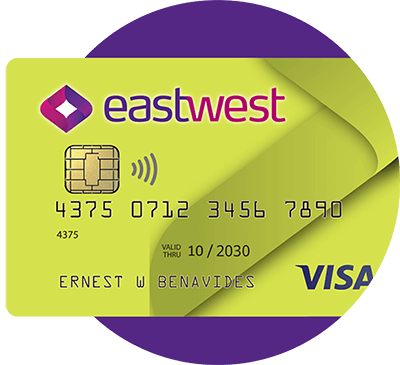Investing can be a rewarding way to achieve your financial goals. But if you’re coming into it blind, it can be incredibly overwhelming. As with anything complicated, it’s important to know where most beginners go wrong so that you can make safer decisions and stay on your intended path.
Some of the investing advice below can be chalked up to common sense. In practice, however, making the right choice becomes a lot harder when you have a lot on the line. Decisions become even more difficult when you come across very convincing arguments that go against time-tested pieces of financial advice. And as you’ll learn, not everyone who presents themselves as a mentor or a good risk is acting in your best interest.
While it’s up to you to decide what to do with your hard-earned money, you owe it to yourself to know where others fall short. This way, you can avoid their mistakes and develop the confidence you need to make difficult choices.
1. Not Knowing Your Risk Tolerance
Before you make any investments, you first have to know and understand your own risk tolerance. This refers to the level of risk that you, as the investor, are willing to accept.
For example, those with a low risk tolerance may choose to invest in steadier, less volatile investments. An example is one of EastWest's fixed-income securities, which allow you to earn a fixed income with minimal risk. On the other hand, those with a high-risk tolerance may be more willing to weather higher risks for bigger returns.
Take note that there is no right or wrong answer here; whatever level of risk you feel the most comfortable with is how you should handle your investment portfolio. Make sure you understand how willing you are to take risks so that you can craft a good investment strategy.
2. Chasing Quick, High Returns
Investing is a long game and shouldn’t be seen as a quick way to grow your wealth. While you do hear a good deal about investors who successfully “timed the market,” chasing high returns and investing in trendy assets for the sake of getting profit fast simply doesn’t pay off for most people. If you’re not careful, you could end up with devastating losses at the very beginning of your investment journey.
Accept that you’re not just investing your money but that you’re also investing your time. Instead of looking for quick ways to build up your funds through investing, create and follow a long-term plan that fits with your risk tolerance. If you want, you can also enlist a financial adviser to help build your investment strategy.
3. Failing to Diversify Your Portfolio
Putting all your investments in a single asset class can be risky, especially for those new to investing. Doing so means you don’t have a safety net in case your single investment fluctuates or crashes.
Avoid putting all of your eggs in one basket by investing in different asset classes. You can, for example, consider one of EastWest’s Unit Investment Trust Funds, which pools funds from different investors and allocates them across a diversified portfolio of bonds, equities, and other investment instruments. This is an especially good option for those who are new to investing or have limited time to monitor the market.
4. Making Decisions Based on Emotion
Feelings such as fear, anxiety, and greed can all throw a wrench in your investment plans if you’re not careful. It may be tempting to invest in an asset that’s quickly skyrocketing in the market or panic sell assets that are starting to drop in value, but these decisions can cause you to lose money in the blink of an eye.
If you feel yourself starting to panic, it’s a good idea to take a quick break from looking at your portfolio to avoid making any rash decisions. Make sure to stick closely to your investment plan instead of reacting to the fluctuating market.
5. Neglecting Your Other Expenses
Only invest with disposable money you have left after you’ve budgeted for essential expenses like rent, bills, and debt payments. While it’s certainly better to start investing early on in your financial journey, it’s more important to prioritize your current responsibilities.
Before you begin your investment journey, make sure to pay off your debts first and have a dedicated emergency fund built up. Afterwards, you’ll have more financial freedom to invest and start growing your wealth further.
Start Your Financial Journey the Right Way with EastWest
Investing can be one of the most powerful ways to grow your wealth, but only if it’s done wisely. Creating and committing to an investment plan based on your risk tolerance and financial goals sets you up for a stable investing journey and keeps you from making decisions you shouldn’t.
Start your investment journey with EastWest. With EastWest’s offerings, you can build a strong, diverse portfolio and receive guidance from experienced financial experts. Take advantage of expertly tailored financial solutions designed to help you achieve your financial goals with confidence.
Apply for EastWest Credit Card?
With a variety of options to suit different needs, EastWest Bank offers competitive rates, valuable rewards, and excellent customer service.









